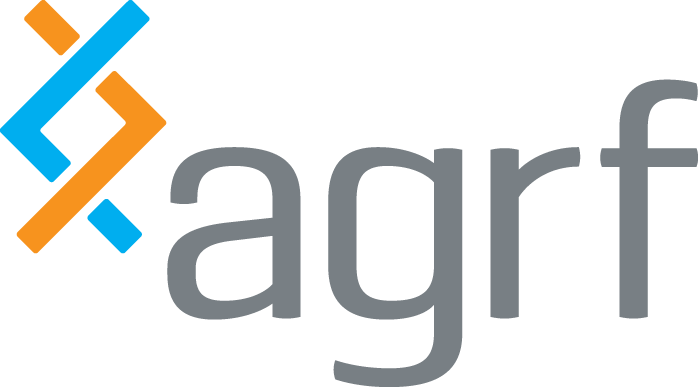A genomic approach to transform liver and renal transplants
/Each year, more than 1,000 Australians undergo life-changing organ transplants, with the most recent figures stating that 831 receiving a kidney and 289 a liver.*¹ While these procedures provide new hope, they also come with significant challenges, including a high risk of complications, long-term comorbidities, and substantial costs—estimated to be around $100,000 per procedure in the short term.² Optimising post-transplant care is critical to improving patient outcomes and reducing these risks.
The Challenges of Organ Transplantation
Transplant recipients often face several issues post-operation. One key challenge is drug optimisation, ensuring patients receive the right medications at the correct dosages to avoid adverse reactions. Another is uncovering underlying comorbidities that might complicate recovery. Additionally, developing asymptomatic screening methods could help clinicians detect and prevent issues before they become critical.
A Genomic Approach to Transform Transplant Care
Leading efforts to improve transplant outcomes is Professor Paul James, a Clinical Geneticist and Director of the Parkville Familial Cancer Centre at Peter MacCallum Cancer Centre and Royal Melbourne Hospital. He leads a Melbourne Genomic Health Alliance funded Clinical Change Project, which seeks to “get more out of the genome” and use genetic insights to personalise patient care in high-intensity settings, such as organ transplants.
How Genomics Can Improve Transplant Outcomes
Genomic information is being applied in innovative ways to both transplant planning and post-operative care. By understanding a patient’s genetic makeup, clinicians can tailor drug treatments to individuals, potentially preventing adverse drug reactions, reducing hospital stays, and lowering the risk of unplanned re-admissions. In this project, patients prioritised for transplants soon undergo proactive genomic testing to assist in their care.
“We can use genomic information to guide care,” Professor James explains. “Even small improvements in efficiency and effectiveness of care can lead to significantly better outcomes for patients, as well as cost savings in high-intensity care settings like transplants.”
AGRF’s Role: Driving Change through Genomic Sequencing
AGRF plays a crucial role in this initiative by providing genomic sequencing and analysis to patients with upcoming transplant procedures. The workflow utilises a multi-platform approach, combining low pass Whole Genome Sequencing, Illumina Global Screening Array and Sanger Sequencing to generate high-quality data to inform comprehensive genomic reports for clinicians and pharmacists. Our team members also actively participate in regular variant review meetings, alongside curators, clinicians and pharmacologists, contributing to the ongoing success of the project.
These reports provide insights into factors like pharmacogenomics—how a patient’s genetic makeup affects their response to medications. For example, a genomic report may reveal that a patient poorly metabolises a common drug like Atorvastatin, which may influence treatment plans and drug scheduling to avoid complications, such as myopathy. “This is about giving clinicians better tools to make informed decisions,” says Professor James. “It’s not just about identifying risks but using that knowledge to actively improve patient care and outcomes.”
Real Impact: Early Successes and Future Goals
Since the project launched in September 2023, 150 patients have been recruited, with 125 reports generated, and 69 patients successfully transplanted. Moving forward, the project aims to continue enrolling participants and tracking clinical outcomes to further refine the use of genomics in transplant care.³
By integrating genomic technology, AGRF and its partners are helping to shape the future of transplant medicine, providing patients with more personalised, effective care and offering hope for better outcomes and a healthier future.
* From deceased donors
References:
¹. Donate Life, Statistics in Australia, Available at https://www.donatelife.gov.au/all-about-donation/statistics-in-australia, Accessed 25 September 2024.
² Senanayake S, Healy H, McPhail SM, Baboolal K, Kularatna S., (2022) Cost-Effectiveness and Budget Impact Analysis of Implementing a ‘Soft Opt-Out’ System for Kidney Donation in Australia. Applied Health Economy and Health Policy. 2022 Sep;20(5):769-779. PMID: 35843996.
³ James, Prof Paul, Melbourne Genomics Health Alliance Clinical Change Project (2024), Genomic Precision Medicine for Renal and Liver Transplant Patients. [PowerPoint presentation]. Accessed 26 July, 2024.



